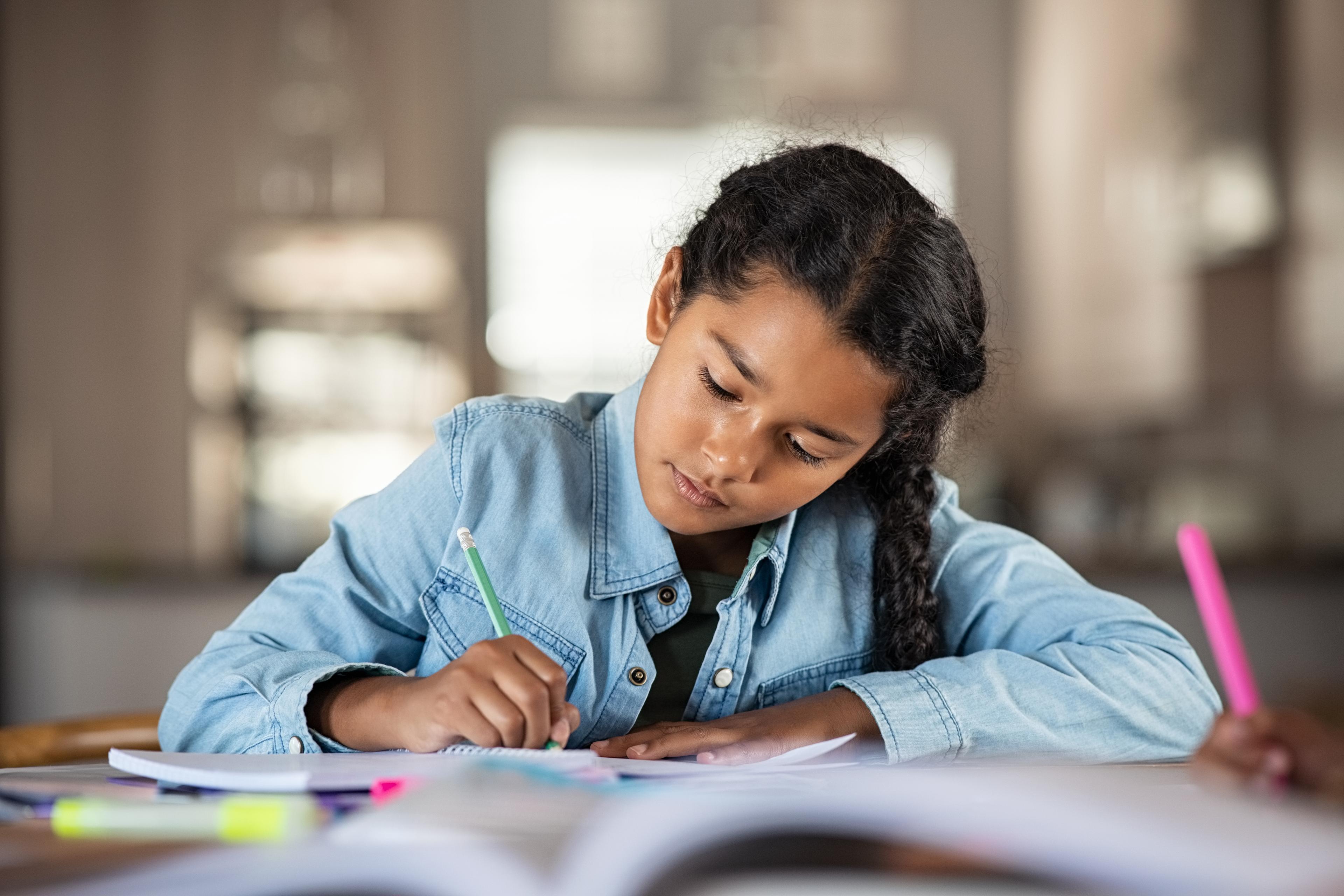Critical reflection is the process of carefully analyzing, questioning, and interpreting various aspects of your program, practice, and service environment with honesty and purpose. It is an important tool for learning and improving practice in order to achieve the best possible outcomes for the children in our care.
One of the key benefits of critical reflection is that it allows us to make changes and improvements to our practice, knowledge, actions, interactions, and learning environment. This can greatly enhance our abilities as educators and enrich the learning experiences of the children we work with.
To effectively promote critical reflection, it is important to ask questions that go beyond surface-level observations of what occurred during a lesson or activity. These questions should seek to investigate alternative approaches, evaluate learning from different perspectives, and create a specific, measurable action plan for improvement.

Examples of questions that can be used to promote critical reflection include: What is my understanding of each child? How and why were decisions made? What theories, philosophies, and understandings shape my practice? Who is advantaged and disadvantaged by the current approach? How do my own thoughts, feelings, and experiences influence my practice?
At the AIPS, critical reflection is an integral part of our daily, weekly and monthly practice. For example, daily, we reflect on our curriculum planning sheets to identify the activities that were most engaging, what worked and why, and how we can improve for next time. We also record spontaneous teaching moments, lessons learned, and plan to extend on children's interests and skills.
Additionally, we use a variety of tools, such as colored pens, to track key learning moments and incorporate family feedback through likes, comments, and general feedback at pick up and drop off. Furthermore, we also review and reflect on one Quality Area company-wide with the support of recommended resources.
By actively incorporating critical reflection into our practice, we are better able to support children's belonging, being, and becoming.

